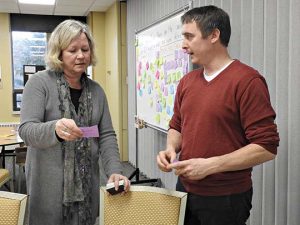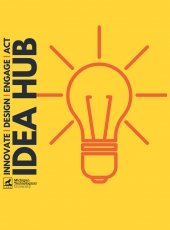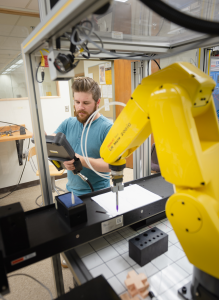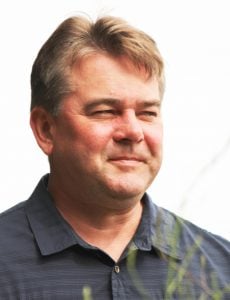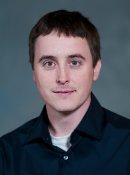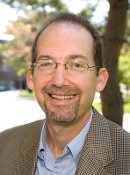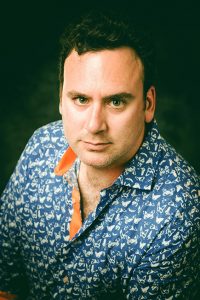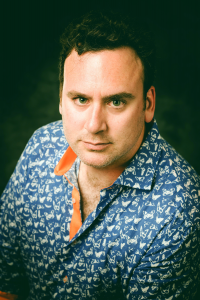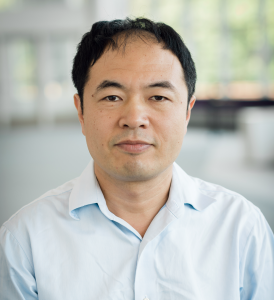
Weihua Zhou, assistant professor, Health Informatics, and member of the ICC’s Center for Data Sciences, is the principal investigator on a project that has received a $24,497 federal pass-through research and development grant from Tulane University. The project is titled, “Trans-Omics Integration of Multi-Omics Studies for Male Osteoporosis.” This is a 7-1/2 month project.
